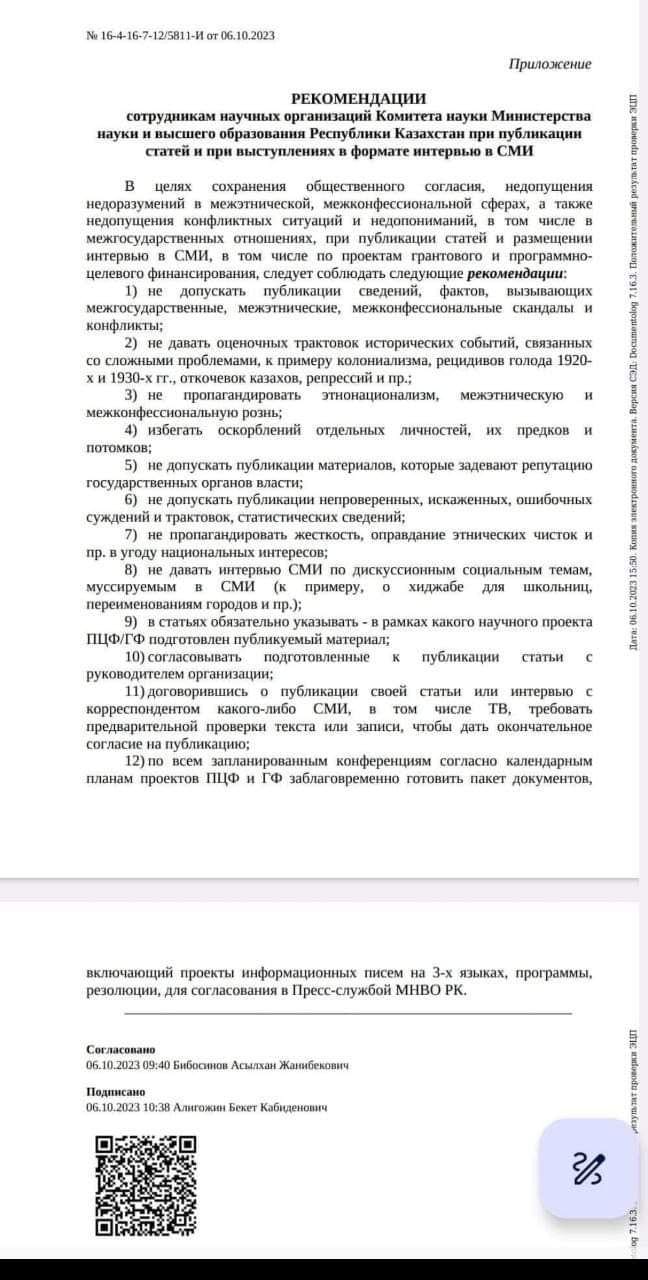INFLUENCE OF TURKIC AND ISLAMIC CULTURES ON CENTRAL ASIA: SCIENTIFIC RESEARCH AND ANALYSES
Түркі халқының көшпенді мәдениеті
DOI:
https://doi.org/10.54251/2522-4026.2025.3.25qazKeywords:
Central Asia, Turkic, culture, Islam, philosophy, spirituality, ethnic, religion, regionAbstract
This article examines the influence of Turkic and Islamic cultures on Central Asia from historical, cultural, and social perspectives. It explores the role of Turkic peoples and the civilizational changes brought by the spread of Islam. Based on archaeological data, historical documents, and literary heritage, the significance of cultural synthesis in modern society is highlighted. The impact of Islamic culture on language, law, education systems, architecture, art, and philosophy is analyzed. The contributions of medieval scholars such as Al-Farabi, Ibn Sina, and Yusuf Balasaguni are discussed. The article also addresses the interaction between Islamic values and traditional worldviews, emphasizing their role in intercultural relations. Furthermore, the influence of Islam in promoting social justice, education, and humanism is underscored. The role of historical figures in the development of culture and science demonstrates their contribution to strengthening civilizational dialogue. The mutual influence between Central Asia's cultural heritage and Islamic civilization is highlighted, contributing to the formation of a unique cultural and spiritual identity in the region.


